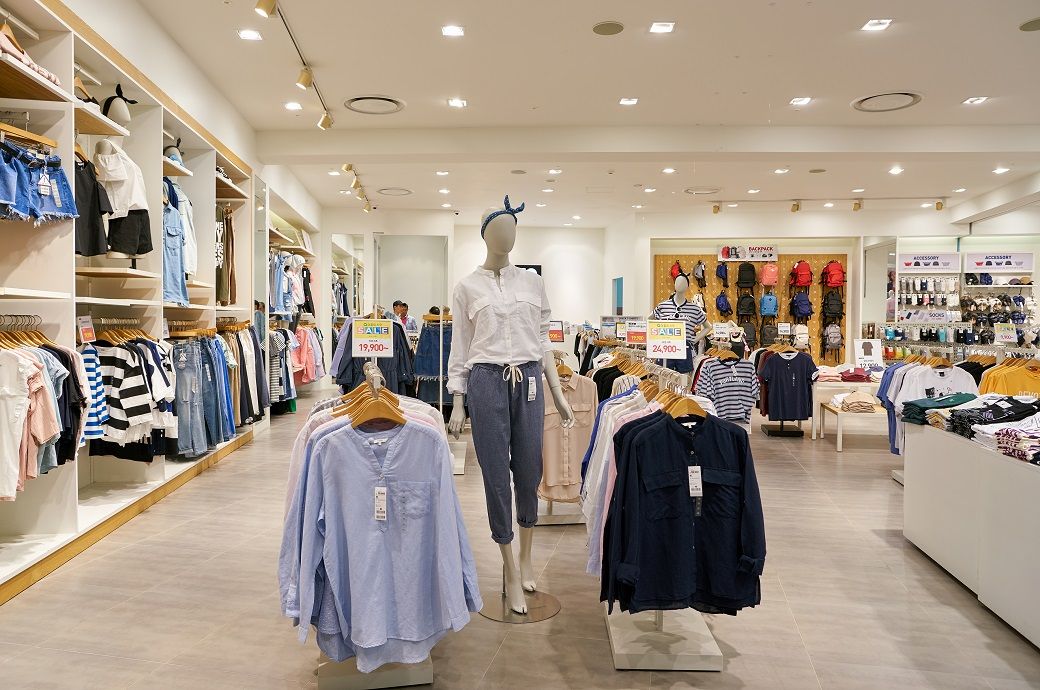
This was driven by a decline in all six measures of confidence of the Deloitte Consumer Tracker index, which is based on responses from 3,200 UK consumers aged 18+. The Tracker is based on a consumer survey carried out by independent market research agency, YouGov, on Deloitte’s behalf.
Sentiment towards job security saw the biggest decline (-4.8 percentage points) as well as consumer confidence about job opportunities and career progression (-3.9 percentage points) following the increase in employer costs and weakening of the labour market. Consumers’ confidence about their level of debt also fell -3.7 percentage points, although remains above levels seen at the same time a year ago.
“For the last few years we have seen consumer confidence remain relatively resilient despite several economic challenges, geopolitical uncertainty, and the increased cost of living. After recovering from its lowest level on record in the third quarter of 2022, when inflation peaked to a historic high, our consumer confidence index has declined for the first time in almost three years,” Céline Fenech, consumer insight lead at Deloitte, said.
“This drop in confidence signals a weakening of consumers’ resilience, as concerns of a slowing labour market have left consumers worried about job security and income growth prospects, while persistent inflation and a high cost of living have negatively impacted sentiment towards personal debt. However, we have seen how the mood of the consumer can change and adapt to new circumstances. If an uptick in both economic growth and business sentiment reduces pressures on the job market and on earnings, a return to positive confidence could still be on the cards,” explained Fenech.
“Activity in the UK has slowed in recent months, but an uptick in business confidence seen in the latest Deloitte CFO Survey testifies to continued resilience amid geopolitical uncertainties. Higher inflation – which is well above levels in the US and EU – coupled with a weaker jobs market is weighing on consumer sentiment. The UK is unlikely to see inflation returning to the two per cent rate that prevailed last summer until well into 2026, so the UK consumer will have to navigate several months of uncomfortably high inflation,” Ian Stewart, chief economist at Deloitte, added.
As consumer confidence fell, spending also remained relatively subdued in the second quarter. While essential spending dropped by -4.6 percentage points due to the seasonality of lower utility bills, this only translated into a marginal +1.5 percentage point uptick in discretionary spending.
The most significant boosts to discretionary spending were in clothing and footwear (+6.6 percentage points). Meanwhile, leisure spending increased across almost all categories, particularly long and short holidays and eating out, up +5.8 and +4.3 percentage points respectively - a sign that consumers continue to prioritise activities and services over goods.
“Overall, consumer spending has been more volatile in recent months, showing both positive and negative trends. Consumers remain cautious, no doubt due to the impact of persistent food inflation and higher energy prices. Overall, tactical spending has become more embedded in consumers’ behaviours and combined with their concerns about the outlook for jobs and unemployment, could mean consumer demand will remain subdued until confidence in the UK economy further strengthens and stabilises. Looking ahead, more positive data will be required to back up any sustained growth in consumer spending,” Oliver Vernon-Harcourt, partner and head of retail at Deloitte, concluded.
ALCHEMPro News Desk (RR)
Receive daily prices and market insights straight to your inbox. Subscribe to AlchemPro Weekly!